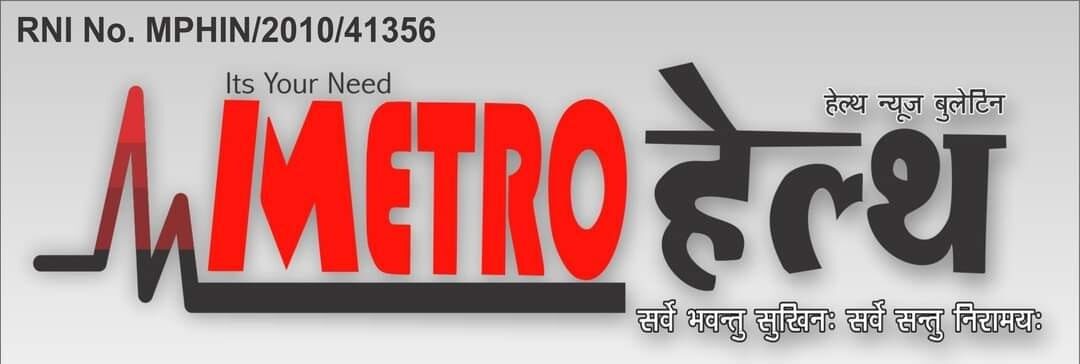Opinion | ‘We Should Be Really Concerned’: What We Heard This Week
“If we start seeing lots of cases outside of agricultural workers, we should be really concerned.” — James Lawler, MD, MPH, of the University of Nebraska Medical Center’s Global Center for Health Security in Omaha, discussing what may happen with H5N1.
“This is exactly where we need to go to start personalizing therapy: who to treat, how long to treat.” — Roy Herbst, MD, PhD, of Yale Cancer Center in Connecticut, on an AI model that showed promise for predicting immune checkpoint inhibitor response in non-small cell lung cancer.
“We know some hospitals are still restricting access to elective surgeries.” — Nancy Foster, vice president of quality and safety policy at the American Hospital Association, on the continued effect of flood damage to a major manufacturer of IV fluids.
“It’s getting the cart in front of the horse, if you create a robust regulatory process that’s not informed by where private sector innovators are going.” — Brian Anderson, MD, chief executive officer of the Coalition for Health AI, on regulators’ reluctance to make specific recommendations regarding generative AI in medical devices.
“Patients with a history of psychiatric disorders or those currently experiencing depressive symptoms might warrant closer monitoring.” — Huilin Tang, MSc, of the University of Florida College of Pharmacy, discussing mixed data on GLP-1 receptor agonists and suicidality risk.
“Healthcare is changing rapidly in the setting of technological advances.” — Shannon Dunlay, MD, MS, of the Mayo Clinic in Rochester, Minnesota, discussing a new initiative that bills for certain patient portal messages.
“The majority of FDA-cleared device records do not include any information about testing in different skin tones.” — Kadija Ferryman, PhD, of Johns Hopkins University in Baltimore, on diversity reporting for FDA-cleared pulse oximeters after 2013 guidance.
“At its simplest, the private equity model is wealth extraction.” — Robert McNamara, MD, chief medical officer of the American Academy of Emergency Medicine, on private equity involvement in healthcare.


